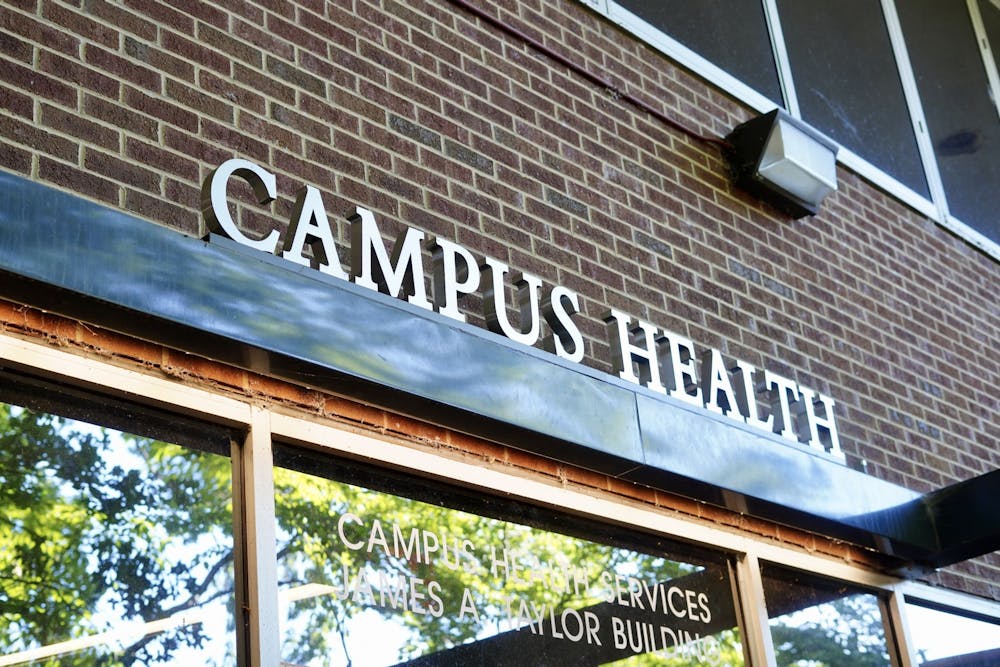New programs at Counseling and Psychological Services are committed to providing culturally competent care to students of varying identities.
For many communities, a deeply entrenched stigma surrounding mental health can hinder students from reaching out to relevant services on campus.
One of these programs is the Multicultural Health Program, which centers the needs of Black, Indigenous and students of color on campus. The MCHP, which was created in 2020, offers support and care through specialized individual therapy, group therapy, outreach and partnerships with student organizations and departments on campus.
The program’s aim is to combat stigma and misconceptions about therapy and mental health for BIPOC students, said Dr. Erinn Scott, assistant director of the MCHP.
“I know, as someone who navigates the world as a person of color, that there’s probably some similarities in our experience,” she said. “A lot of times our BIPOC students don’t even know that we have other therapists of color here that can really identify with and validate their lived experiences.”
Students can connect with the MCHP through a walk-in or triage appointment at CAPS. The student will then fill out paperwork describing challenges or concerns and meet with a provider who will ask a series of questions.
From there, the provider will make a recommendation either for further care or a disposition. These recommendations can range from individual, short-term therapy to referrals to therapists within the community for long-term care, as well as medication management and group therapy.
At the point of recommendation, a student can request to meet with an MCHP therapist through CAPS for culturally-focused service.
“We try to honor that request,” Scott said. “Then, there are times when we can’t, but the provider is really still going to name that and still say, ‘Here’s how I want to acknowledge my own privileges and do the work to make sure that I’m still giving you competent care.’”



